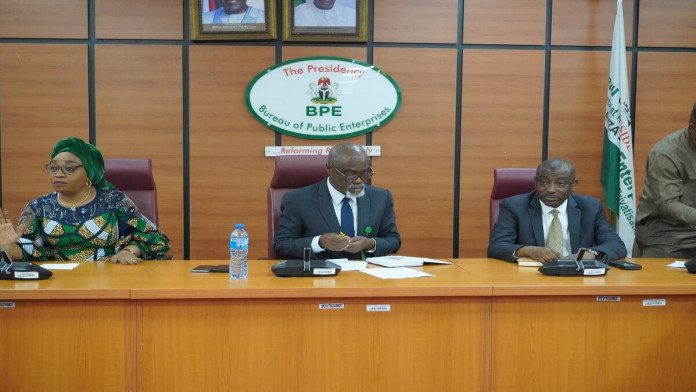News in Brief:
– The Nigerian government established a team to improve and commercialise two major agricultural agencies.
– This move aims to make them more efficient and financially strong, attracting investment and creating a more secure environment for farmers.
In a significant move to bolster the country’s agricultural sector, and boost access to finance for farmers, Nigeria’s federal government has inaugurated a project delivery team (PDT) tasked with the recapitalisation and commercialisation of the Nigerian Agricultural Insurance Corporation (NAIC) and the Nigeria Incentive-Based Risk Sharing System for Agricultural Lending (NIRSAL).
The target is to enhance the efficiency, management, and financial strength of these critical institutions, paving the way for their full commercialisation.
The reform was endorsed by the Federal Executive Council and the National Council on Privatization and aligns with the recommendations of the Presidential Committee on Restructuring Government Agencies (Orosanye Committee).
Inaugurating the PDT on behalf of the government, Acting Director-General of the Bureau of Public Enterprises (BPE), Ignatius Ayewoh, stressed the project’s significance. According to him, the aim is to establish a robust, efficient, and well-managed organization that mitigates risks within the agricultural value chain.

NIRSAL reiterates commitment to food security goals
Meantime, NIRSAL managing director, Abbas Masanawa, expressed his appreciation to the BPE and NAIC for their commitment to the project. He clarified NIRSAL’s broader role within the agricultural ecosystem, emphasising that insurance is just one of its five key pillars. Others include risk sharing, technical assistance, a rating mechanism, and a bank incentive mechanism.
Emphatically, Masanawa pledged agency’s unwavering support to the PDT in achieving the government’s food security goals.
The PDT, chaired by Toibudeen Oduniyi of the BPE, comprises representatives from key stakeholders, including the National Insurance Commission, the Central Bank of Nigeria, the Federal Ministry of Agriculture and Food Security, and the Nigerian Agricultural Development Fund.
Essentially, the team’s responsibilities include: overseeing the reform process, appointing a transaction advisor to conduct due diligence, and developing a comprehensive framework for recapitalisation and commercialisation.
It also includes reviewing and recommending improvements to existing regulations, proposing institutional and organisational changes for NAIC, and advising on legal and regulatory frameworks. Additionally, it is mandated to conduct status reviews of NAIC and NIRSAL as well as prepare reports on progress and recommendations.



